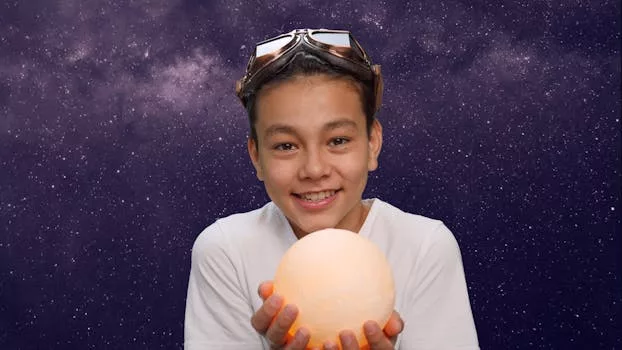
“
Stargazing and Storytelling: How Imagination Elevates Us Beyond the Stars
Introduction to Stargazing and Storytelling
Stargazing and storytelling have been two of the most fundamental human activities since the dawn of time. From the ancient civilizations that worshipped the stars as deities to the modern-day space enthusiasts who spend countless hours gazing up at the night sky, humans have always been fascinated by the mysteries of the universe. Storytelling, on the other hand, has been a vital part of human culture, allowing us to share our experiences, pass down knowledge, and imagine new worlds. In this article, we will explore the connection between stargazing and storytelling and how imagination can elevate us beyond the stars.
The History of Stargazing and Storytelling
Stargazing has been a part of human culture for thousands of years. Ancient civilizations such as the Egyptians, Greeks, and Chinese all developed complex mythologies and astrological systems to explain the movements of the stars and planets. These early stargazers believed that the positions of the stars and planets could influence human affairs and even predict the future. Storytelling, on the other hand, has its roots in oral traditions, where stories were passed down from generation to generation through spoken word. As humans developed writing systems, storytelling evolved to include written works, allowing us to share our stories with a wider audience. For more on this topic, check out Charting New Realms.
The Science of Stargazing and Storytelling
Today, stargazing and storytelling are more intertwined than ever. With the help of advanced telescopes and spacecraft, we have been able to explore the universe in unprecedented detail. From the majestic swirl of galaxy clusters to the intimate dance of binary star systems, the universe is full of wonders waiting to be discovered. Storytelling, on the other hand, has evolved to include new mediums such as film, television, and video games, allowing us to immerse ourselves in new worlds and experiences. The science of stargazing and storytelling is a complex one, involving fields such as astronomy, astrophysics, and neuroscience. To delve deeper into the power of imagination in these realms, consider reading Cosmic Creativity.
The Power of Imagination in Stargazing and Storytelling
So, how does imagination elevate us beyond the stars? The answer lies in the human brain’s ability to create complex mental models of the world. When we gaze up at the stars, our brains are able to create a mental map of the universe, complete with its own mythology and symbolism. This mental map is not just a reflection of the physical universe but also a reflection of our own hopes, fears, and desires. Storytelling, on the other hand, allows us to tap into this mental map, using our imaginations to create new worlds and experiences. By combining stargazing and storytelling, we can create a powerful synergy that elevates our imagination and takes us beyond the stars.
Takeaways
- Stargazing and storytelling are two fundamental human activities that have been interconnected throughout history.
- The science of stargazing and storytelling is complex, involving fields such as astronomy, astrophysics, and neuroscience.
- Imagination plays a key role in stargazing and storytelling, allowing us to create complex mental models of the world and tap into our own hopes, fears, and desires.
- By combining stargazing and storytelling, we can create a powerful synergy that elevates our imagination and takes us beyond the stars.
Conclusion
In conclusion, stargazing and storytelling are two activities that have the power to elevate our imagination and take us beyond the stars. By exploring the history, science, and power of imagination in stargazing and storytelling, we can gain a deeper understanding of the complex interplay between these two fundamental human activities. Whether we are gazing up at the stars or immersing ourselves in a good story, we are tapping into a deep well of human imagination and creativity that has the power to inspire, educate, and transform us. For further insights, you might enjoy Galaxies of Dreams.






